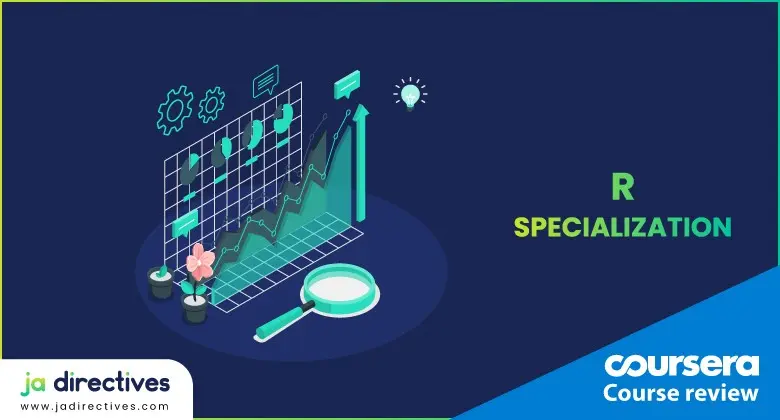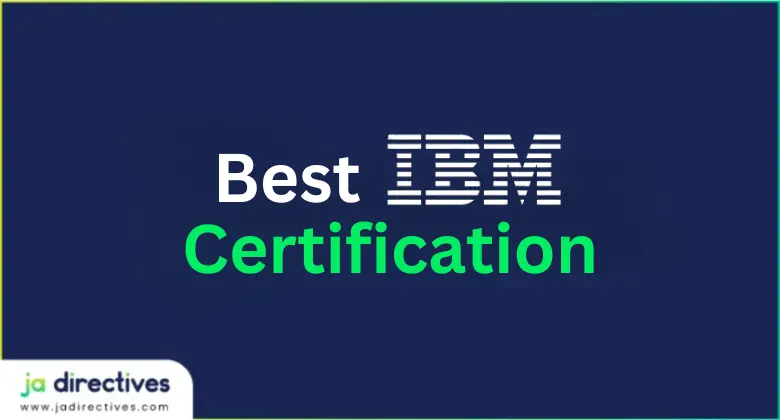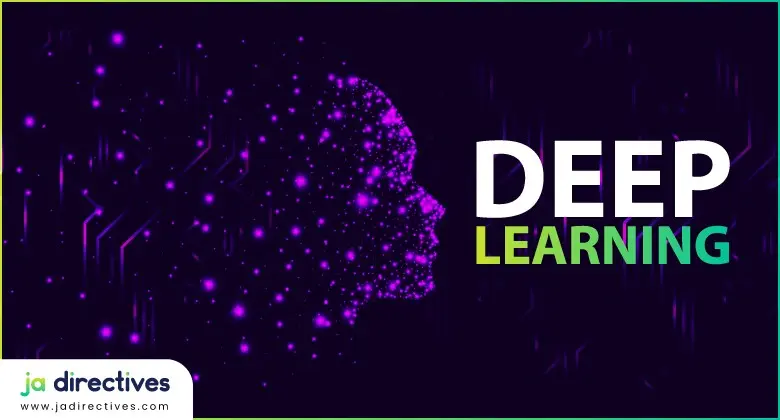
Statistics with R Specialization Coursera Review 2025
Coursera Statistics with R Specialization offered by Duke University introduces you to R, you will master the basics of this widely used open-source language, including factors, lists, and data frames.
With the knowledge gained in this course, you will be ready to undertake your first own data analysis.
This specialization is an introduction to statistical learning with applications in R.
Each year the number of R users grows by about 40%, and an increasing number of organizations are using it in their daily activities.
Statistics with R Specialization Coursera Review 2025
How Statistics with R Specialization Coursera Works
In this Specialization, you will learn to analyze and visualize data in R. You will learn to create reproducible data analysis reports.
After completing this specialization, you will be able to produce a portfolio of data analysis projects from the Specialization that demonstrates mastery of statistical data analysis.
Mastery of statistical data analysis explores analysis to inference to modeling, suitable for applying for statistical analysis or data scientist positions.
This Statistics with R Specialization includes 5 courses – Introduction to Probability and Data with R, Inferential Statistics, Linear Regression and Modeling, Bayesian Statistics, and Statistics with R Capstone.
After completing all five courses, you can earn a certificate signed by all the instructors of this specialization.
Rating: 4.5 out of 5.
Enrollment: About 89k+ learners have already enrolled in this specialization.
Statistics with R Specialization Instructors
This online Specialization is taught by four instructors.
- Mine Çetinkaya-Rundel, Associate Professor of the Practice, Department of Statistical Science
- David Banks, Professor of the Practice, Statistical Science
- Colin Rundel, Assistant Professor of the Practice, Statistical Science
- Merlise A Clyde, Professor, Department of Statistical Science
Requirements to Take Statistics with R Specialization
Just you need to know some basic mathematics, no programming experience is required. But you have to be passionate about data analysis and statistics.
Statistics with R Scale up Your Skill in
You can gain the expertise needed to apply for statistical analysis or data scientist positions. Also, scale up your skills in-
- Bayesian Statistics
- Linear Regression
- Statistical Inference
- R Programming
- Statistics
- Rstudio
- Exploratory Data Analysis
- Statistical Hypothesis Testing
- Regression Analysis
- Bayesian Linear Regression
- Bayesian Inference
- Model Selection
Courses in Statistics with R Specialization Coursera
This online specialization is breakdown into several parts. There are 5 Courses in this Specialization.
Course-1: Introduction to Probability and Data with R (Rating 4.7/5)
This course is about the discussion of sampling and exploring data, as well as basic probability theory and Bayes’ rule.
A variety of exploratory data analysis techniques will be covered, including numeric summary statistics and basic data visualization.
The concepts and techniques you will find in this course will serve as building blocks for the inference and modeling courses in the Specialization.
Course-2: Inferential Statistics (Rating 4.8/5)
The part of this specialization covers statistical inference methods for numerical and categorical data.
Here you will find the guideline for installing and using R and RStudio and will use this software for lab exercises and a final project.
The course introduces practical tools for performing data analysis and explores the fundamental concepts necessary to interpret and report results for both categorical and numerical data.
Course-3: Linear Regression and Modeling (Rating 4.7/5)
This tutorial will discuss simple and multiple linear regression models. These models allow you to assess the relationship between variables in a data set and a continuous response variable.
In this course, you will learn the fundamental theory behind linear regression and, through data examples, learn to fit, examine, and utilize regression models to examine relationships between-
Multiple variables, using the free statistical software R and RStudio.
Course-4: Bayesian Statistics (Rating 4.8/5)
This course describes Bayesian statistics, in which one’s inferences about parameters or hypotheses are updated as evidence accumulates.
The course will apply Bayesian methods to several practical problems, to show Bayesian analyses that move from framing the question to building models.
You will learn to elicit prior probabilities to implement in R (free statistical software) the final posterior distribution.
It is suggested to you gain knowledge equivalent to what is covered in the earlier three courses in this to specialization understanding this part.
Course-5: Statistics with R Capstone (Rating 4.6/5)
Statistics with R Capstone project will be an analysis using R that answers a specific scientific/business question provided by the course team.
A large and complex dataset will be provided to learners and the analysis will require the application of a variety of methods and techniques introduced in the previous courses.
A sampling of the final projects will be featured on the Duke Statistical Science department website.
**Note: The learners who have passed the four previous courses in the specialization are eligible to take the Capstone.
Earn a Career Credential
When you finish every course and complete the hand on the project, you’ll earn a Certificate that you can share with prospective employers and your professional network.
This online specialization includes a hands-on project. You’ll need to finish the project(s) successfully to complete the specialization and earn your certificate.
These Career Credentials will help you to unlock access to work in top universities and organizations as well as you can get a chance to get a career credential from the world’s best educational institution.
Career in Statistics with R
Starting a career in R opens doors to a great career. R is being used by users ranging up to 2 million people.
The careers in R programming also include machine learning and artificial intelligence. Business intelligence is also a field that has advantages of R.
Proper mathematical knowledge, financial analysis abilities, and programming experience, and needed for pursuing this path. Here are some possible job opportunities for you with R:
- R programmer
- Data Scientist
- Data Analyst
- Data Architect
- Data Visualization Analyst
- Geo Statisticians
- Database Administrator
- Quantitative Analysis with R
Coursera Subscription
If you want to begin, enroll in the Specialization directly, or review its courses and choose the one you’d like to start with. The duration of this online specialization is approx. 7 months long, 3 hours a week.
When you subscribe to a course that is part of a Specialization, you’re automatically subscribed to the full Specialization.
You can pause your learning or end your subscription at any time. Visit your learner dashboard to track your course enrollments and your progress.
You get access to all of the courses in the specialization when you enroll in the course, and you earn a certificate when you complete the work.
If you only want to read and view the course content, you can audit the course for free. This specialization is not free, but you can apply for financial aid to get it free.
You can get a 7-day trial period for free. You can move through it at your own pace.
You May Also Like:
- 6 Best R Programming Certification, Courses & Training in 2025
- Best Datacamp R Course 2025
- 11 Best Online Statistics Courses, Tutorials, and Training
- How to Start Programming in R
- 10 Amazing Social Media Statistics and Facts for
- 45 Best Data Science Certification, Degree & Course
If this post was helpful, please share it with your friends, family, and social media so that they get this information as well!
Farzana Ahmed Sabera, a digital marketing strategist and a dynamic individual with a passion for writing, deep understanding of diverse subjects. Done several research works focused on Digital Image Processing. Published research paper on International Journal. Always love to work with new technologies.










